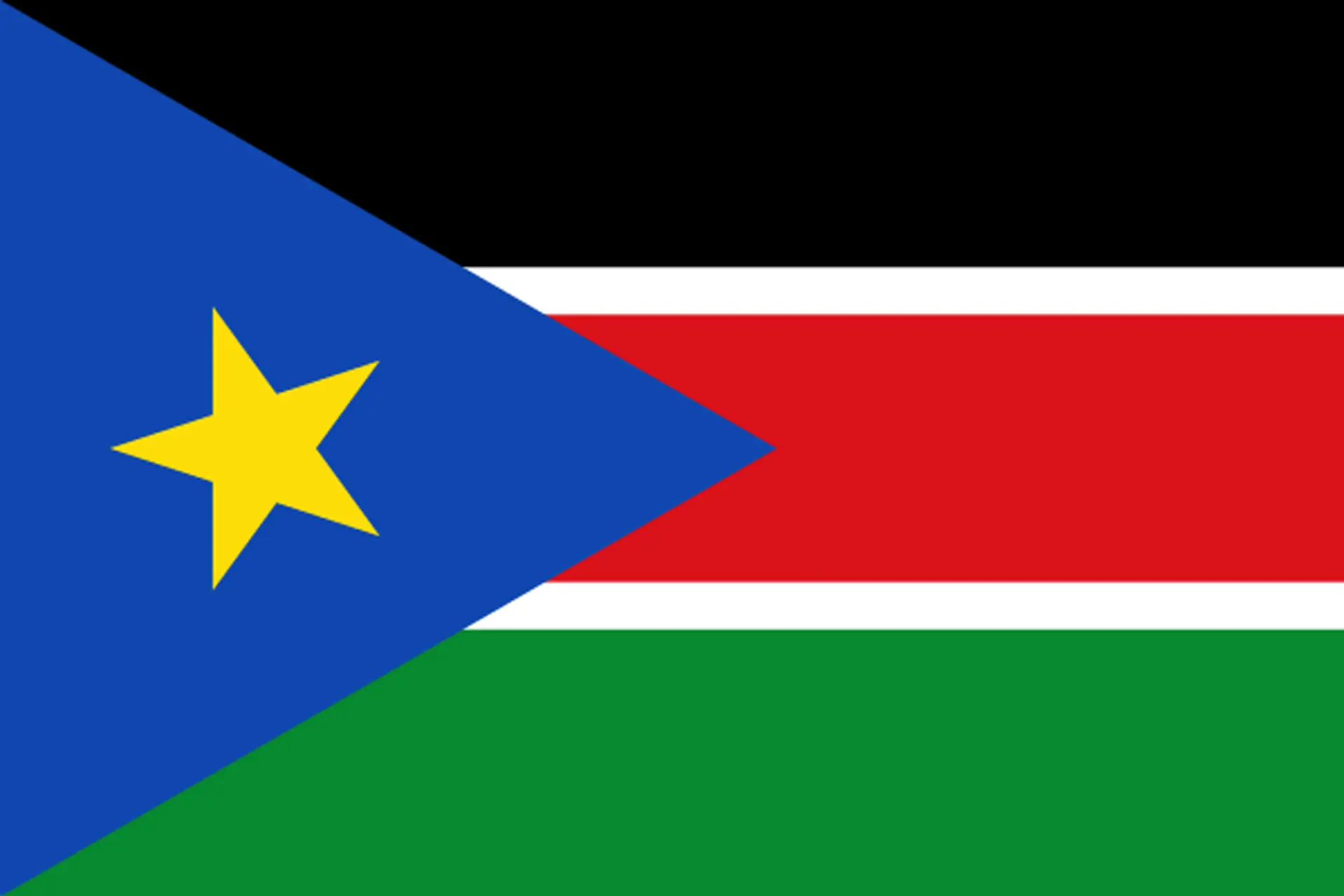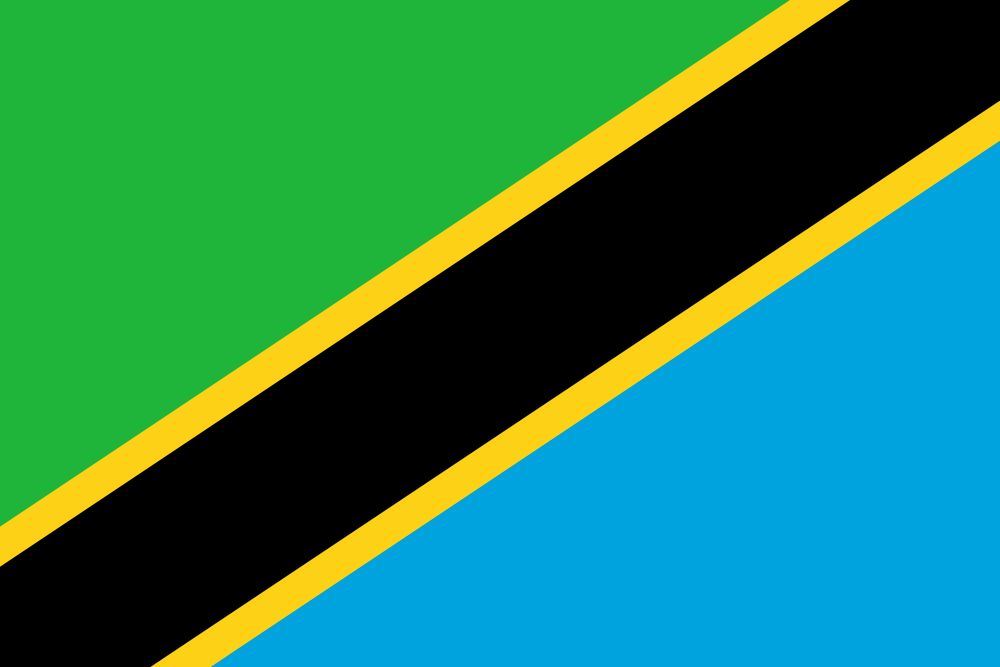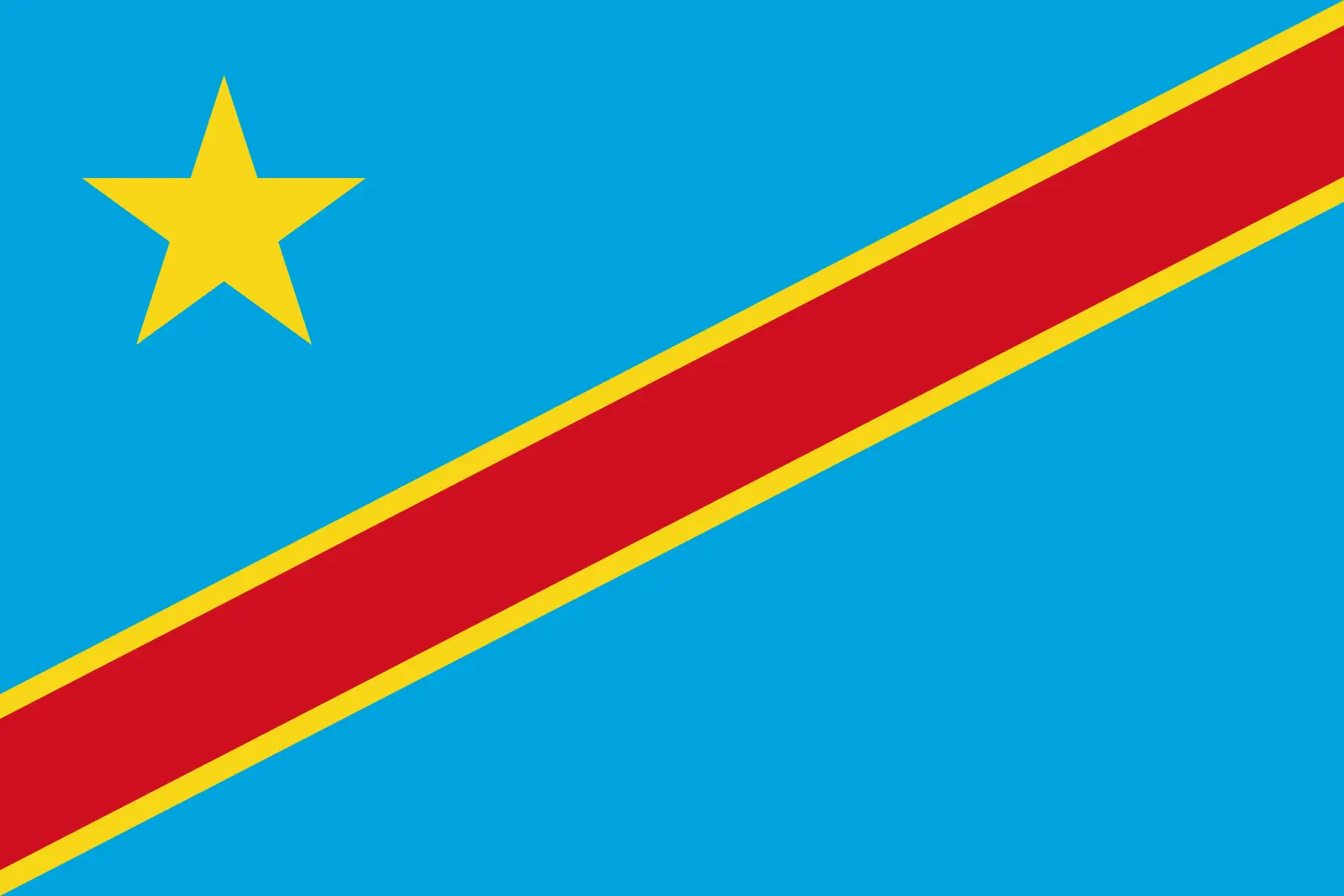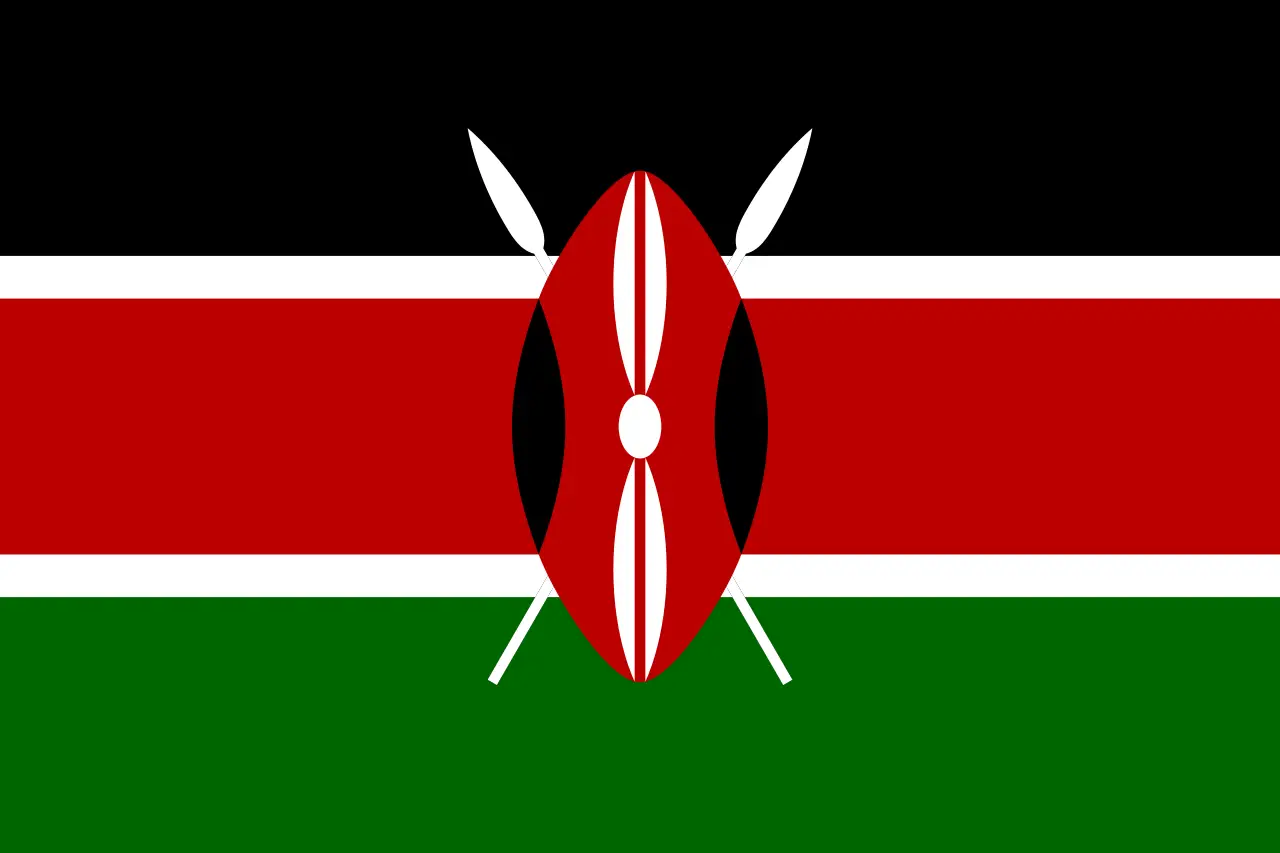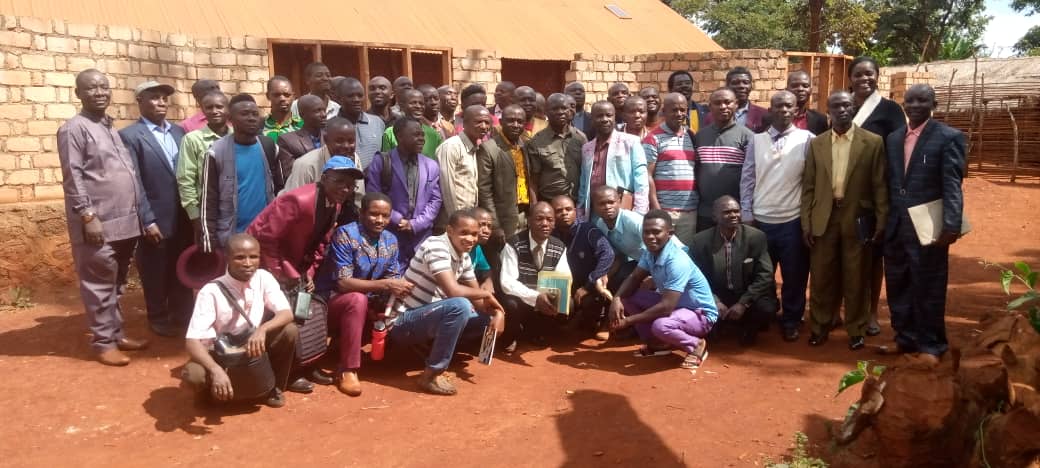From May 17th-June 30th, ALARM implemented trauma healing sessions in the Kigoma region intending to build sustainable peace at personal and community levels among the refugees and people living with albinism. The refugee community is composed of people who have suffered and fled from political unrest and tribal war. Because of this violence, the victims have been traumatized and unless they find healing and reconciliation, the threatening cycle of violence will continue. Similarly, people who live with albinism oftentimes experience violence due to discrimination. Some of those who live with albinism have had body parts mutilated or have been killed because of the way they look. ALARM has recognized that in both of these community groups, there is a critical need for trauma healing, forgiveness, and reconciliation. After these sessions were completed, 60 leaders were equipped and empowered to become transformative leaders in their communities, 30 caretakers were trained in how to effectively support children living with albinism, and 45 participants were transformed by the support and encouragement they received; they were encouraged to forgive themselves, forgive others, and be reconciled with one another.
Tanzania: Trauma Healing to Refugees in Nyarugusu Camp and People Living with Albinism at Kabanga Centre
- Home
- Tanzania: Trauma Healing to Refugees in Nyarugusu Camp and People Living with Albinism at Kabanga Centre
Follow Us
Contact Us
Subscribe to Our Newsletter
About US
Our Work
Where We Work

